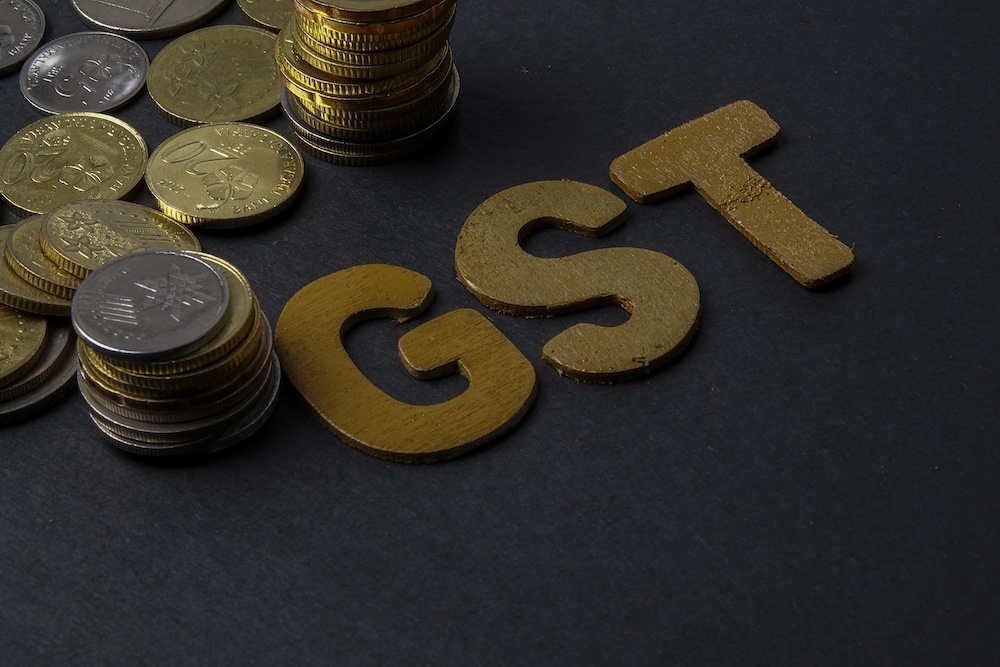GST Council Forms GoM for Calamity Cess and Revenue Strategies
Current Affairs NationalPosted by newadmin on 2025-03-10 08:37:56 |
Share: Facebook | Twitter | Whatsapp | Linkedin Visits: 68

The GST Council recently formed a Group of Ministers (GoM) to develop strategies for revenue mobilisation during natural calamities. This decision was made during a meeting on December 21, 2024, highlighting the need for a structured response to disasters. The primary focus of the GoM is to establish uniform policies for levying a special calamity cess to support affected regions.
Led by Uttar Pradesh’s Finance Minister Suresh Khanna, the GoM includes finance ministers from Assam, Chhattisgarh, Gujarat, Kerala, Uttarakhand, and West Bengal. Their combined expertise will help address the financial challenges posed by natural disasters. The committee has been tasked with evaluating the legal framework for implementing a calamity cess, considering whether it should be sector-specific or applied more broadly. Additionally, they will assess its applicability to both B2B and B2C transactions to ensure a fair and effective taxation model.
A crucial part of the GoM’s responsibility is to develop a framework for classifying events as natural calamities, providing clarity on when and how the special cess should be applied under the GST system. The group will also propose a rate structure for the cess and determine its duration, balancing the need for immediate disaster relief with long-term economic stability.
In addition to the calamity cess, the GoM is exploring alternative mechanisms to assist states in disaster response without disrupting the overall GST framework. These measures aim to provide financial support while maintaining economic balance. The GST law already permits special taxes during disasters, as seen in 2018 when a similar GoM was formed to support Kerala after severe floods. In 2019, Kerala was allowed to levy a one percent calamity cess for two years to fund rehabilitation efforts, providing a precedent for the current GoM’s considerations.
Alongside this initiative, the GST Council has also reconstituted another GoM to analyse GST revenue trends. Led by Goa’s Chief Minister Pramod Sawant, this group comprises finance ministers from various states and focuses on sector-specific policy interventions and tax evasion strategies. Their work includes studying state-wise revenue patterns to enhance future policy decisions and improve revenue efficiency. The combined efforts of these two groups reflect a proactive approach to strengthening the GST system in response to economic and environmental challenges.
Search
Categories
Recent News
- Schools Unite Against Substance Abuse
- Industrialist's High-Flying Escape: A Tale of Mumbai-Pune Expressway Woes
- Gold and Silver Prices Plunge: Mumbai's Market Update
- Market Movers: Tech Giants, Telecoms, and Consumer Brands in Focus
- Yoga Guru's Selfless Service: A Cabinet-Rank Advisor Without Pay
- Former Cricket Coach's Child Embarks on Gender Transition Journey
- Propylene Gas Tanker Crash Snarls Mumbai Traffic for Over a Day
- Custodial Death Confirmed: CBI Exposes Police Brutality in Sivaganga
Popular News
- Navigating IPO Market Dynamics Amid Volatility and Regulatory Changes
- Massive Worldwide Microsoft Outage Disrupts Multiple Sectors
- Panjapur Bus Stand to Reshape TNSTC Routes
- తెలుగుదేశం పార్టీ - పేదరికాన్ని నిర్మూలించడంలో వాగ్దానం
- Universities Embrace Remote Learning Technologies Amidst Ongoing Pandemic